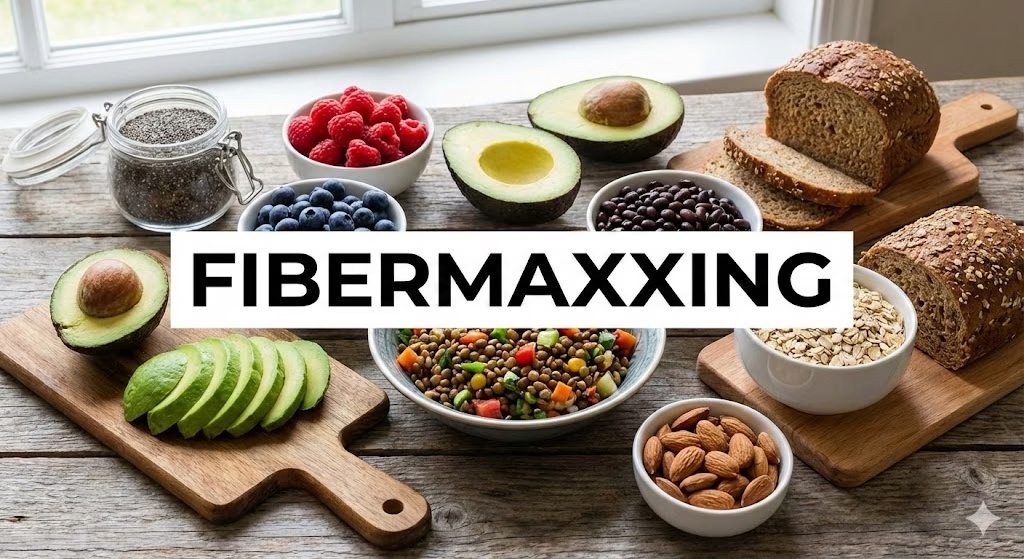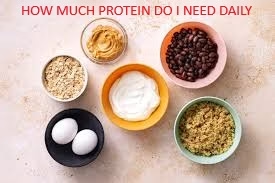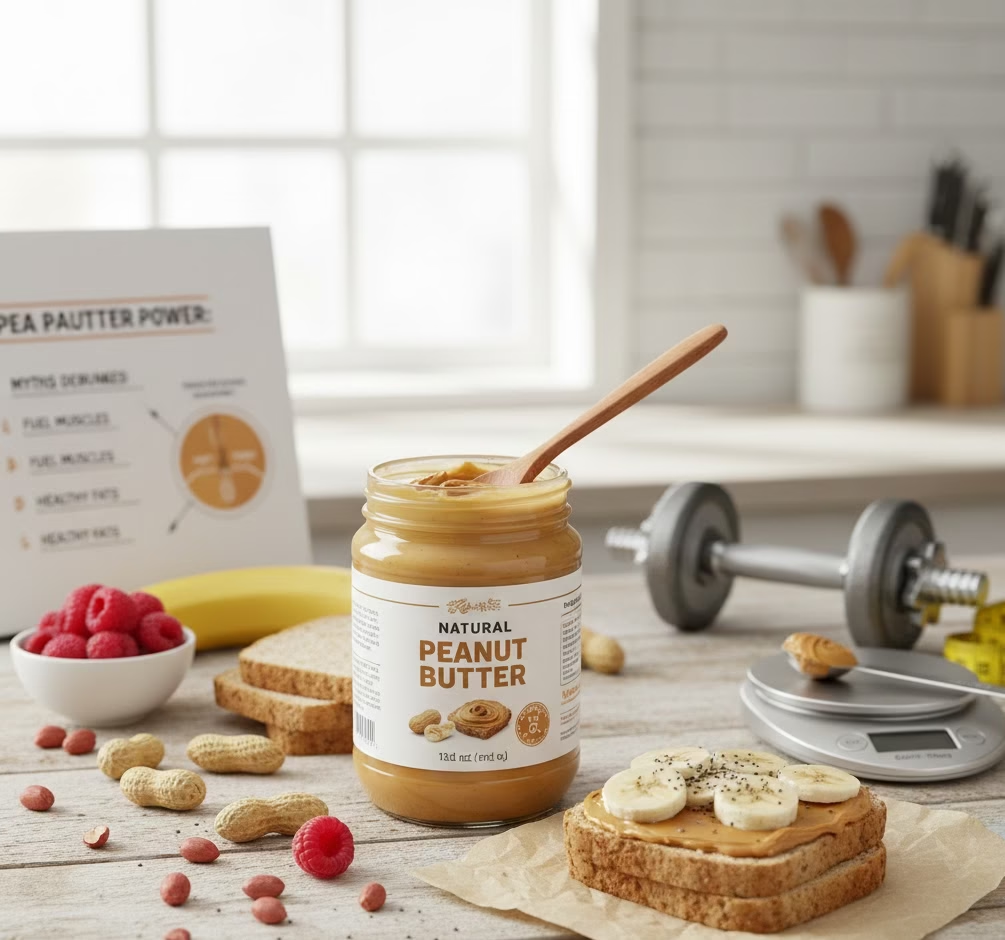
Barley might not be the trendiest grain in the grocery store, but it’s quietly making a comeback, and it deserves the spotlight. Packed with nutrients, plenty of fiber, and a special type of soluble fiber called beta-glucan, barley is a true health powerhouse. If you’re looking to switch up your go-to grains, here are ten compelling reasons that makes barley as your new favorite healthy food item.

1. It Helps Lower Cholesterol
Barley’s greatest claim to fame is its beta-glucan content. This unique kind of fiber acts to keep cholesterol from entering your blood supply. Research indicates that a mere 3 grams of beta-glucan daily can result in a 15% decrease in LDL (bad) cholesterol as well as around a 9% decrease in overall cholesterol. Not bad for an unassuming grain.

2. It Maintains a Healthy Heart and Blood Pressure
Barley doesn’t quit on cholesterol. That very same beta-glucan fiber has also been found to lower blood pressure. It can decrease both systolic and diastolic pressure for a few points, but significant enough to make a difference in the long term for your cardiovascular health.

3. It Regulates Blood Sugar and Prevents Diabetes
Barley is terrific at slowing down the digestion of sugar in your body. Due to the high fiber level, it prevents your blood sugar from spiking after a meal. Individuals consuming barley have lower glucose and insulin levels than those consuming more processed grains. That makes it a good choice for anyone living with type 2 diabetes or simply looking to keep their energy level consistent all day long.

4. It Improves Digestive Health
Your gut will appreciate the addition of more barley in your diet. The fiber content of barley serves to nourish the healthy bacteria in your digestive system, promotes movement, and could even reduce your chances of inflammatory bowel diseases. It’s a good grain to enhance overall gut health.

5. It Enhances the Immune System
Barley has more to offer than just fiber. It’s full of plant-based compounds such as flavonoids, phenolic acids, and phytosterols that are capable of protecting your body from viruses and bacteria. And beta-glucan can even provide your immune system with a subtle kick by stimulating major immune cells such as macrophages and neutrophils.

6. It Can Assist in Weight Control
Barley may not be low-calorie, but it’s so filling. The combination of fiber and protein makes you feel more satisfied for a longer period of time, so it can automatically reduce snacking and overeating. A few initial studies, even some with animals, indicate barley grass juice may also helps in weight loss.

7. It May Reduce the Risk of Gallbladder Disease
Consuming higher amounts of fiber isn’t only beneficial to your digestion, but it can also safeguard your gallbladder. Individuals with a high-fiber diet have reduced chances of developing gallstones or gallbladder problems. Barley is an excellent option to promote this otherwise neglected organ.

8. It May Lower Your Chances of Colorectal Cancer
There is strong evidence that a higher intake of fiber reduces colorectal cancer risk. For those who already have it, adding more fiber could even improve their outcome. Barley’s excellent fiber status makes it a simple addition to a diet with an eye on long-term colon health.

9. How to Include Barley in Your Meals
One of the things that’s great about barley is its adaptability. You can use it as hulled barley (the most nutritionally dense and least processed), pearl barley (slightly more processed), grits, flakes, or even flour. Experiment by substituting barley for rice in risotto, adding it to salads, or cooking it up into a warm, comforting breakfast porridge. It’s particularly nice in soups and stews, providing a chewy texture and a light nutty flavor.

10. A Few Notes on Who Should Avoid It
Barley does contain gluten, so it’s not suitable for anyone with celiac disease or gluten sensitivity. Though rare, barley allergies can also occur. And if you’re new to eating high-fiber foods, start slow, as too much barley at once can lead to bloating or digestive discomfort.

Barley may not be as trendy as quinoa or as old as some hip grains, but don’t be fooled. It’s filled with goodness that’s impossible to overlook. Whether you’re looking to reduce your cholesterol, control your weight, or simply mix things up on your plate, barley is certainly a grain that needs to be revived.













